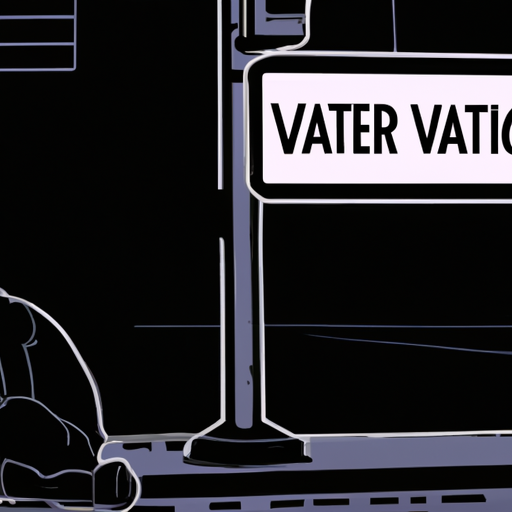Mapping the Opioid Crisis in Toronto: A Call to Action
In a recent report released by Toronto Public Health, devastating data underscores the severity of the opioid crisis in Toronto’s homeless population. As community leaders, health professionals and engaged citizens, it is not only critical that we understand the full scope of this crisis but mobilize to combat it proactively.
The Stark Reality of the Opioid Crisis
The Toronto Public Health report presents the harsh reality about fatalities among the homeless population, revealing a dire upward trend. A significant factor driving this increase is overdose deaths, which now comprise over a third of the total deaths. Among these overdose deaths, opioids are a leading cause.
Opioids, a class of drugs that includes prescription painkillers and illegal substances like heroin and fentanyl, have long been recognized as presenting a significant public health challenge. In cities across Canada, the opioid crisis has resulted in countless overdoses and deaths. While these numbers are truly disheartening, it’s essential to remember that they represent real people who are suffering; they are more than mere statistics.
The Intersection of Homelessness and Opioid Use
Homelessness and opioid use, two complex health and social issues, often influence and exacerbate each other. Living on the streets or in shelters already poses significant health risks and barriers to care. When coupled with the struggles of opioid addiction, this becomes a highly perilous situation, as is borne out in the heart-wrenching data from the Toronto Public Health report.
A Sobering Landscape: Distressing Data Points
Wide-Spread Issue
From January to June 2023, a staggering 73 homeless individuals lost their lives. Among these, 25 deaths were due to overdose, with opioids playing a significant role. This represents an alarming increase compared to previous years.
Crime Aspect
As a side effect of addiction, the opioid crisis directly contributes to an increase in crime rates. Property crimes, in particular, have been linked to substance misuse, a fact which requires addressing as part of a comprehensive response to the opioid crisis.
Mental Health Component
Opioids, especially when misused, have a profound impact on mental health – leading to conditions such as depression, anxiety, and even suicide. This can create a vicious cycle whereby individuals suffering from mental health issues turn to opioids for relief, further exacerbating their condition, trapping them in a cycle of addiction and despair.
Efforts to Combat the Opioid Crisis in Toronto
Dire as the situation is, it’s crucial to highlight the efforts being made to mitigate the life-threatening effects of the opioid crisis.
- Naloxone Distribution: Naloxone, a life-saving medication that can reverse the effects of an opioid overdose, is distributed across Toronto. This action is a vital harm reduction measure to assist those in a potentially fatal overdose situation.
- Injection Sites: Safe injection sites offer a supervised, secure environment for substance users, thereby greatly reducing the risk of overdose.
- Public Education: Enlightening the public about the dangers of opioids and the treatment options available plays a crucial role in prevention and can encourage individuals to seek help.
- Support Services: Community and health organizations provide support services to individuals experiencing homelessness and struggling with opioid addiction. This includes housing support and mental health services.
In Conclusion
The rising number of deaths among the homeless population due to opioid overdose in Toronto is a grim testament to this spiralling crisis. However, combating the opioid crisis necessitates a comprehensive, multi-faceted approach that includes harm reduction, public education, support services, and a focus on mental health.
As we collectively navigate this crisis, let us remember our shared purpose: to protect the most vulnerable, to create safer, healthier communities, and to take decisive action against opioids’ relentless onslaught. This isn’t just a public health issue; it’s a humanitarian one. Let’s work together to tackle the opioid crisis, provide resources and relief to those in need, and strive to proactively ensure a brighter, healthier future for all.
